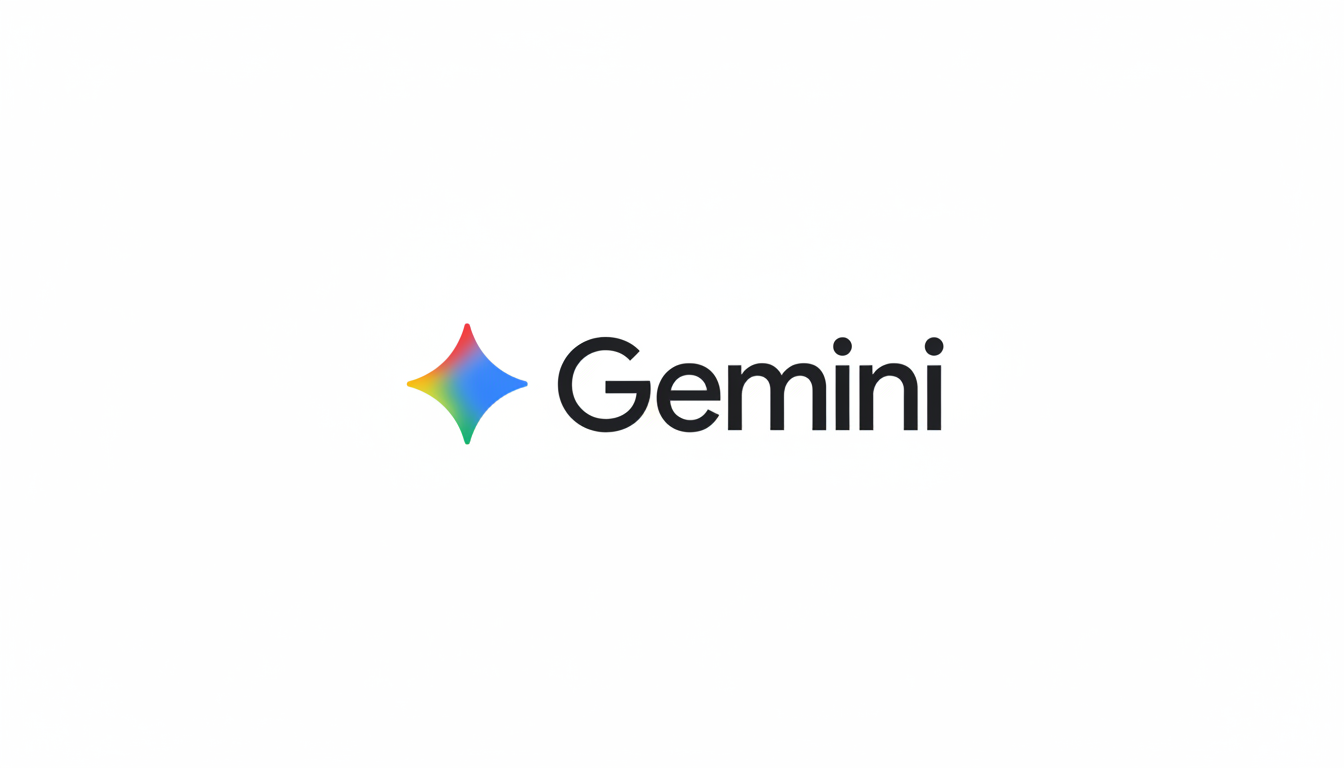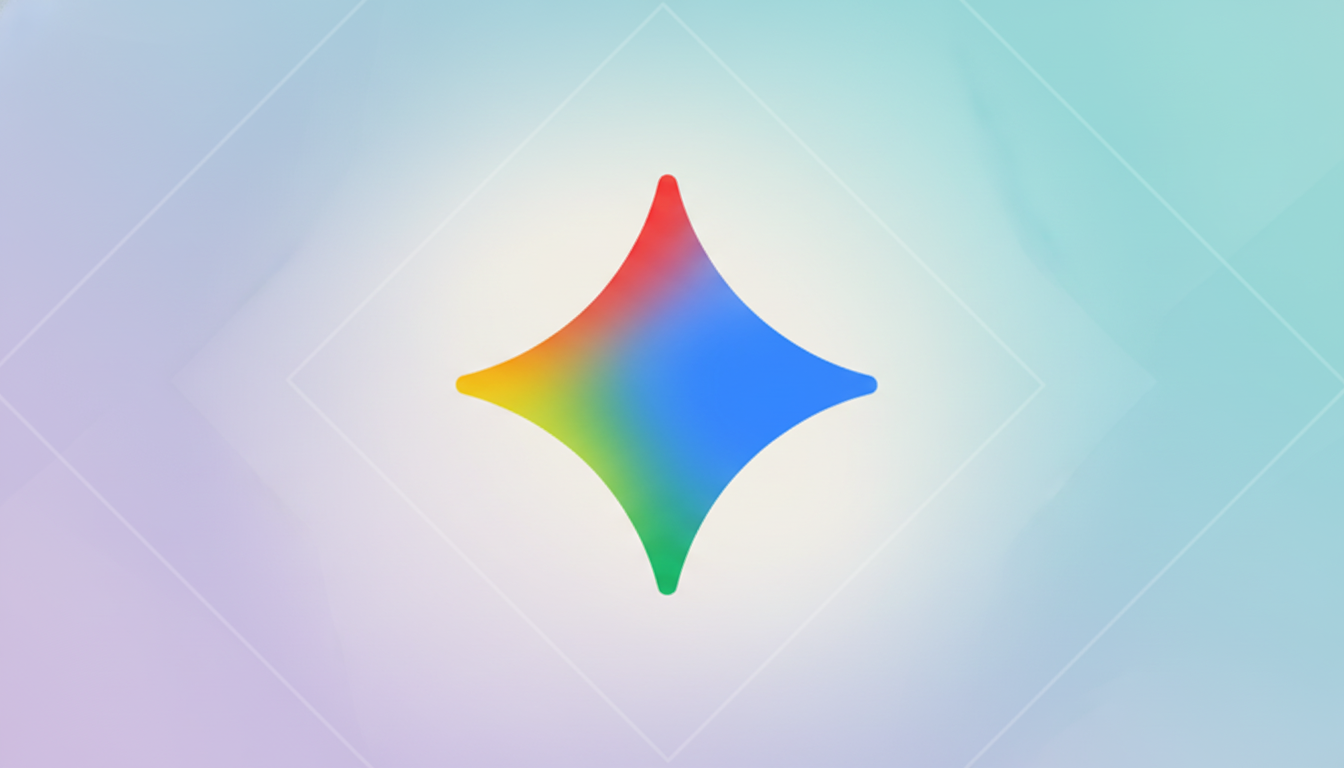Google’s Gemini is, again, quietly catching up with ChatGPT, and new traffic data means the shift is no longer a group of anecdotes. Page views to gemini.google.com more than doubled over the year, pushing Gemini’s share of web traffic to generative AI tools to 12.9%, from 6.4%. ChatGPT remains dominant with some 74 percent of chatbot web traffic, but that share has drifted down from around 87 percent in the past year — further evidence that the market leader is losing ground as competitors polish their pitches.
Not every measure of web traffic correlates neatly with actual usage — mobile apps, enterprise seats, or embedded AI services make the picture more complicated — but you can’t miss which way to read this writing on the wall: Traffic at Grok, owned by xAI, fell from 3.1% to 2%, while Microsoft Copilot held steady at around 1.2%, according to that same dataset.

Why some users are making the switch to Gemini
The most common response from Gemini fans is simple: It lives where their work lives. Any of these folks who are already entrenched in Google’s ecosystem, though, will find Gemini threaded throughout Gmail, Docs, Drive (including new features like organization-level trash and retention policies), Calendar, and Meet without additional setup. That means one set of steps can pull context from a Drive folder, draft a reply in Gmail, and spin out a project plan in Docs all in the same flow — with no copy-pasting or tab juggling required.
In reality, that integration cuts down on friction for day-to-day work. Marketers use it to consolidate research compiled in Drive and turn it into campaign briefs. It’s what sales teams ask to pull action items out of meeting notes and put them in the follow-up email. Teachers rely on it to reformat lesson plans into Docs for varying grade levels. The point isn’t that Gemini is universally “smarter,” but that it’s closer to the documents and calendars people are already keeping.
Speed for everyday work and quick-turn tasks
Power users frequently swoon for ChatGPT and Anthropic’s Claude for deep ideation and longer-form writing. But many switchers say Gemini is speedier on quick-turn tasks: drafting an email, rewording a paragraph, parsing a spreadsheet, or plucking dates from a calendar. Casual developer benchmarks and day-to-day usage patterns across many devices suggest that a shorter prompt will lead to lower latency, which matters when the task is a 30-second touch as opposed to a 30-minute brainstorm.
That focus on “micro-wins” plays out in how people engage with Gemini on mobile and beyond Workspace. It’s a low-friction ask — “summarize this Drive folder,” “propose three subject lines,” “turn these notes into bullet points” — and that’s where users say it feels both immediate and practical. ChatGPT still occupies mindshare for creative exploration, but Gemini’s utilitarian speed has emerged as a compelling default for many workflows.
Product surface area matters for everyday adoption
One other reason for the momentum: surface area. Gemini appears in more places, from side panels in Gmail and Docs to AI Overviews on Search, and tools like NotebookLM that auto-organize and reason over a user’s source material. When an AI assistant is baked into daily touchpoints, adoption creeps upward almost by osmosis — no new behaviors necessary.

Admin controls are often a tipping point for enterprise buyers as well. Google’s Workspace controls, data protection choices, and org-wide deployment capabilities make it easier for our IT teams to deploy AI at scale. That operational fit — more so than model scores — often determines who and what assistant employees actually use Monday to Friday.
Market signals are shifting as users rebalance tools
The numbers point to a rebalancing, not a revolution. ChatGPT’s 74% chunk of web traffic is still staggering. But a decline year over year while Gemini has risen shows that users are continuing to try other sources out and sticking with them for some jobs. And the leaderboard for Chatbot Arena run by LMSYS, which crowdsources head-to-head model preferences, has also seen Google’s models just growing and growing — as another sign that perception is changing with the quality of releases.
For developers and creators, the upshot is clear: multi-assistant workflows are becoming par for the course. Teams could brainstorm in ChatGPT, crunch structured data in Gemini, and tap Claude for thorough editing — picking the right tool for the job rather than running all tasks through a single model.
Take the data seriously, but understand its limits
The methodology used by Similarweb measures web visits, which means it undercounts usage inside of apps and integrations. Gemini’s footprint — especially in Workspace and Search — means much of what it does never makes it to gemini.google.com. Conversely, ChatGPT’s mobile app, API usage, and enterprise deployments aren’t entirely accounted for by web-only numbers either. Any picture should be taken directionally.
Even with those caveats, the story holds: users are rewarding assistants who cut down on context switching, open at the speed of light, and plug into their daily schedule.
That’s where Gemini wins its edge at the moment — and why an increasingly larger chunk of the audience now goes to it first.

